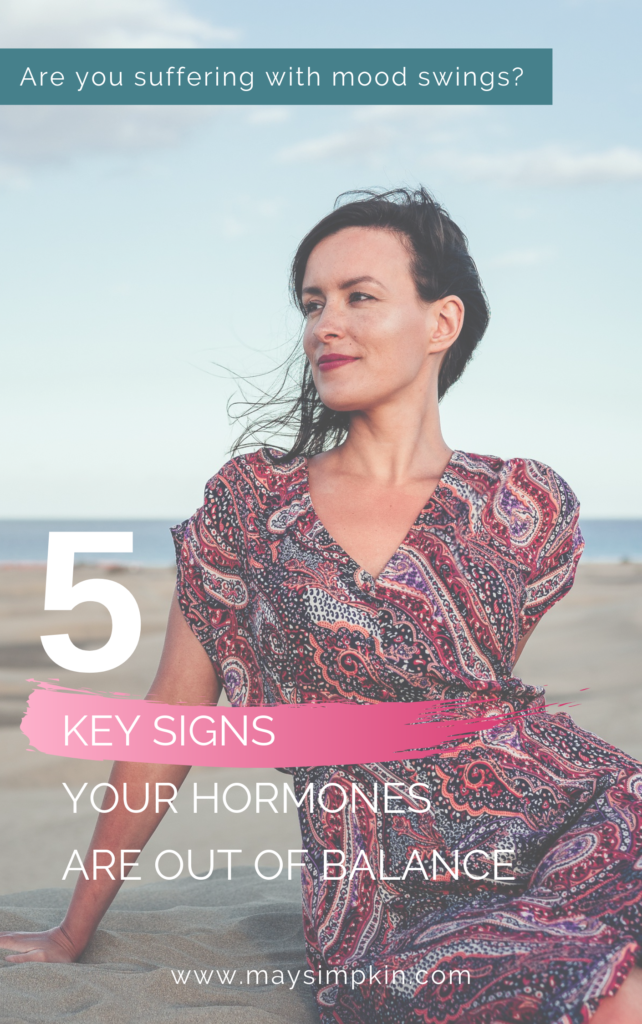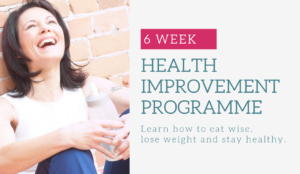
Perhaps you suspect a hormone imbalance but you’re not quite sure what that means and what you should look for?
It’s not always easy to establish what’s going on in your body, but one thing you’re certain of is that something’s not quite right. You just don’t feel yourself; you’re not sleeping well and perhaps eating more than usual and generally, you’re running on “empty”.
It can often be a way of life you’ve become accustomed to and this lack of energy and lethargy has become the norm. Does this sound familiar?
Whilst work/life pressures, family commitments and perhaps even environmental factors such as pollution are partly to blame, more often than not, it is your hormones that are out of balance.
With our busy lives and ability to cope bolstered with a need to “keep calm and carry on” attitude, the effects of these hormone imbalances can easily be overlooked, causing symptoms that make our day-to-day activities all the more difficult. Worse still, the effects of these symptoms can be more pronounced the older we get.
So what are the signs that your hormones are out of balance? Of course, a simple blood test can accurately establish any imbalance but there are a number of signs that should initially alert you and will be a reasonable indicator that there is indeed an imbalance that needs attention.
Some signs are a reasonable indicator of hormone imbalance
Here are 5 symptoms which may indicate a hormone imbalance that you shouldn’t ignore:
-
You’re tired all the time
Whilst odd bouts of tiredness can easily be attributed to a particularly heavy schedule, consistent fatigue indicates an imbalance of the stress hormone Cortisol, released when your body is under stress. The body registers stress as a result of an unhealthy diet, particularly one that is high in sugar. As cortisol levels fluctuate, your adrenal glands, which produce cortisol are overworked and eventually become exhausted. When this happens, you feel tired, lethargic and perhaps even a little depressed.
-
You’re constantly craving sweet foods
An imbalance of cortisol releases sugars into the bloodstream which in turn releases insulin. Insulin removes these blood sugars and as blood sugar levels drop, cravings kick in. It is easy to find yourself on this blood sugar rollercoaster as you give in to cravings with high sugar foods, creating a blood sugar surge followed by the inevitable dips that follow.
-
You’re struggling to lose weight
When it comes to metabolism, your hormones are key. High levels of the hormone insulin cause your body to store excess sugar as fat, particularly around the middle. Thyroid hormones play a key role in your energy production and if out of balance, will slow down your metabolism and cause weight gain.
-
You’re suffering from mood swings
When hormones are out of balance, you can easily find yourself experiencing extreme highs and lows in your mood and emotional wellbeing. This can easily be compounded with PMS symptoms or as you approach menopause in women, but men are also at risk of similar mood imbalances as are a result of an imbalance of sex hormones.
-
You’re experiencing digestive discomfort
Symptoms such as bloating, wind, cramps, diarrhoea/constipation are all signs of IBS and can be exacerbated by hormone imbalances as a result of inflammation.
The good news is that in the first instance, making simple changes to your diet and lifestyle will go a long way in alleviating these symptoms. Specific foods and nutrients can contribute directly to the production of hormones as well as addressing imbalances. Alcohol, on the other hand, can cause excess hormone production, disrupt sleep and adversely affect metabolism.
Sleep is also crucial, allowing your body the opportunity to rest and repair, bringing your cortisol levels back in line.
Whilst exercise is an essential part of a healthy lifestyle, over-exercising can be considered a stressor, resulting in excess cortisol levels.
My advice if you suspect your hormones are out of whack:
If you’ve been experiencing these symptoms for over 2-3 weeks, and they’re becoming debilitating, it is worth considering consulting a medical professional. In my experience, in the absence of a specific medical condition, diet and lifestyle play a major role and making positive changes with professional guidance can bring your hormones back into balance naturally. My 6-week Health Improvement Programme is designed to establish what’s going on by linking your symptoms to a potential hormone imbalance, guide you through changes to your diet and lifestyle that fit in with your day-to-day life until you have the knowledge and tools to ensure this becomes a way of life and symptom-free.









0 Comments